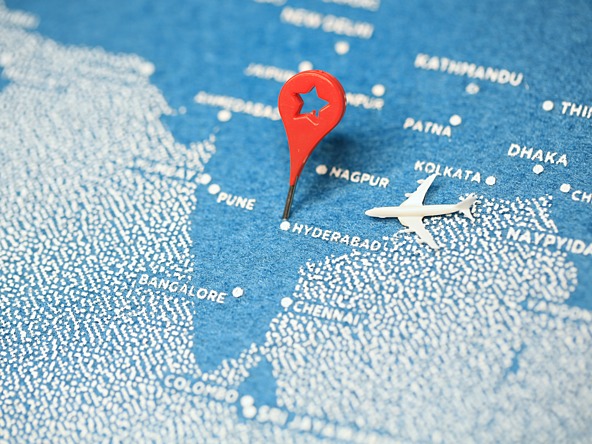OPINION28 August 2018
All MRS websites use cookies to help us improve our services. Any data collected is anonymised. If you continue using this site without accepting cookies you may experience some performance issues. Read about our cookies here.
OPINION28 August 2018
Researchers in India must acknowledge the country’s lack of trust when it comes to sharing data, stemming from historical misuse such as identity fraud. By Greg Clayton.

Geographical restrictions, climbing populations, and extraordinary diversity in language, religion and education are all notable challenges for researchers in India. But these geographical and social restrictions may not even represent the greatest challenge in the region: data privacy poses a significant threat for researchers.
Of course, the topic of data privacy has alarm bells ringing across the globe, now more than ever amid countless scandals and lawsuits. In India it is no different, with data security an increasingly mainstream issue in the media. In July, the country’s federal investigating agency announced it would be investigating Cambridge Analytica to determine whether personal data from Indian voters and Facebook users was compromised by the political consultant company.
Last year in the ‘biometrics for sale’ scandal, India saw 1.2bn individual records sold online for just £6. Even government websites have been known to leak the data of thousands of citizens under the control of data hackers.
In a recent study conducted by Kadence alongside Esomar, we found that over 60% of business managers and leaders in India believe that businesses share data too freely within their organisation – and over half also believe that this data is shared too freely with external third parties. Perhaps one of the most concerning figures from the study, however, is that 69% of those surveyed in India think that once data is collected, the company owns it.
This lack of trust stems from historical misuse of data, starting long before scandals such as Facebook/Cambridge Analytical hit the press. Identity theft and fraud are commonplace issues in India, causing real worry for individuals. This can be seen in the day-to-day interactions of consumers, where Indians do not traditionally provide phone numbers to anyone other than close friends, family and colleagues.
Theft and fraud are also concerning for businesses, which we experienced first-hand (thankfully only modestly) when Kadence’s India office lost INR 50,000 due to credit card fraud. So while the research industry tries to overcome fears of data privacy in India, it is also trying to protect itself from these same threats.
With this level of scepticism in the region, completing research online can be a challenge. Although urban areas might be increasingly using mobile methods, such as WhatsApp, Facebook and email studies, researchers must be sensitive to the wariness of online approaches. For example, in an online study of 100 consumers on car registration plates, very few participants gave their real registration certificate. Giving false information in online surveys such as this is not uncommon.
Researchers also find that even when people look past data security issues to complete online surveys, they have little motivation to answer questions truthfully and rarely answer long questions at all. So, to no surprise, rejection rates are high in India.
It is possible to bypass some of these challenges with face-to-face data collection. This personal interaction provides a feeling of authenticity that cannot be found online, and so consumers are happy to share more personal details with researchers this way – even sometimes photographs. In rural areas especially, face-to-face interviews are crucial and PAPI is the primary methodology used. People in rural areas are rarely represented in online surveys due to lack of resources – they do not have access to mobile surveys and some people may never have seen a tablet.
In future, researchers in India must find ways to overcome consumer fears surrounding data collection in order to source accurate data, using the most reliable sources that maintain trust with participants. As a self-regulating industry, researchers in the region can prove that data collection can and should be ethical and that data can be used for positive impact.
Greg Clayton is managing director of Kadence International
0 Comments